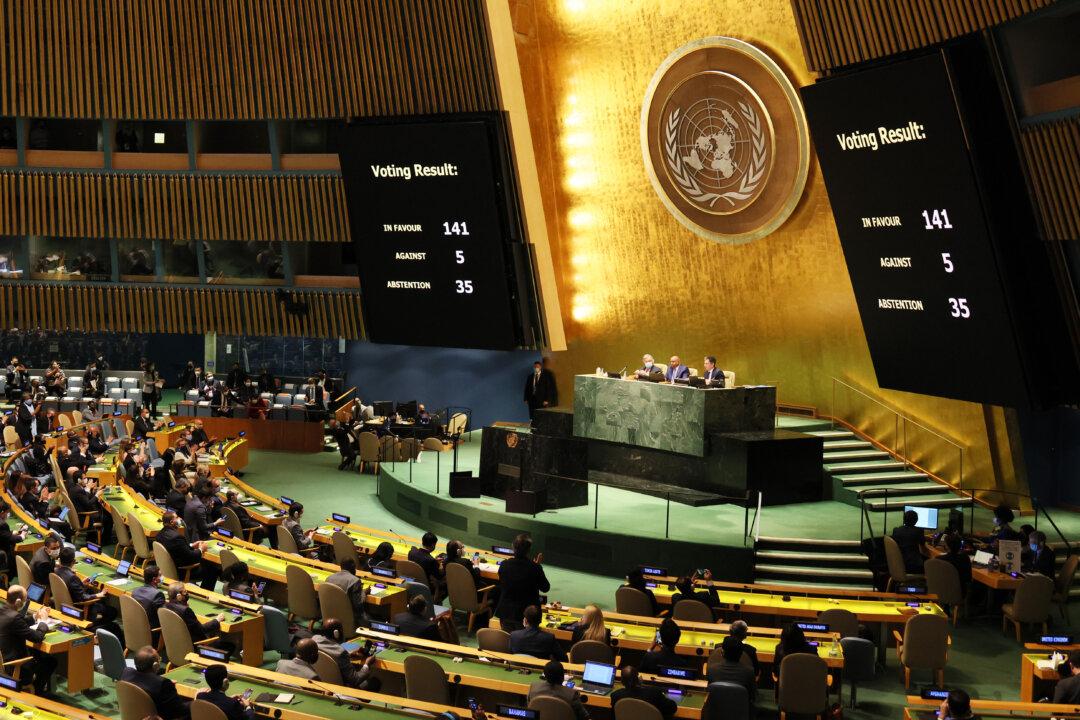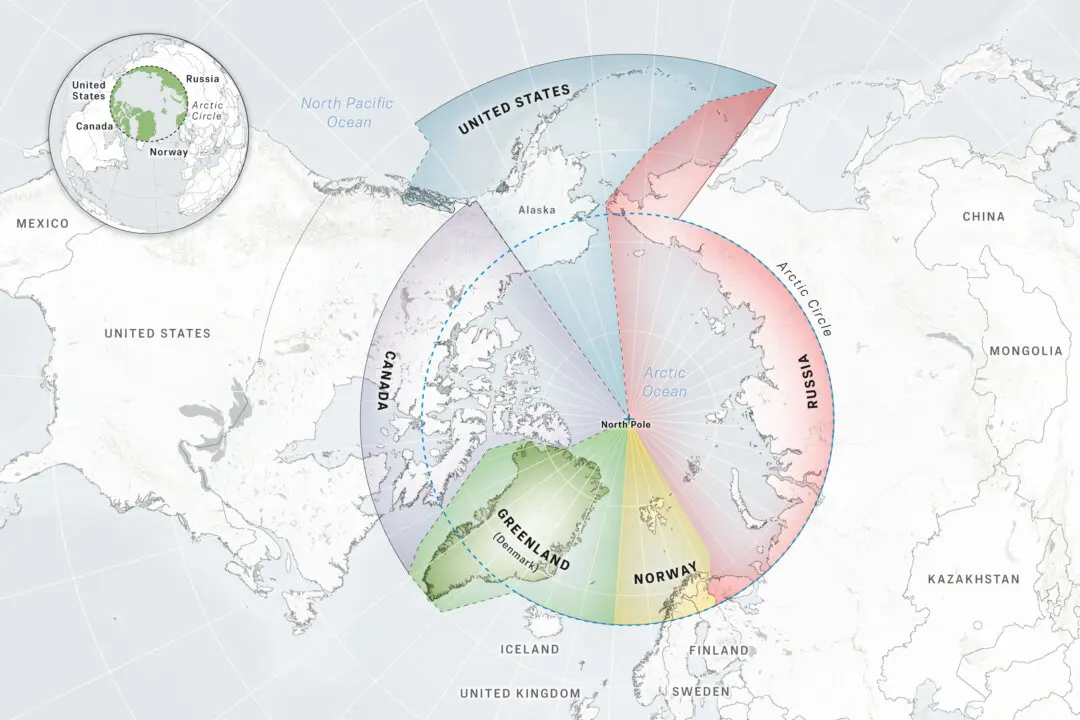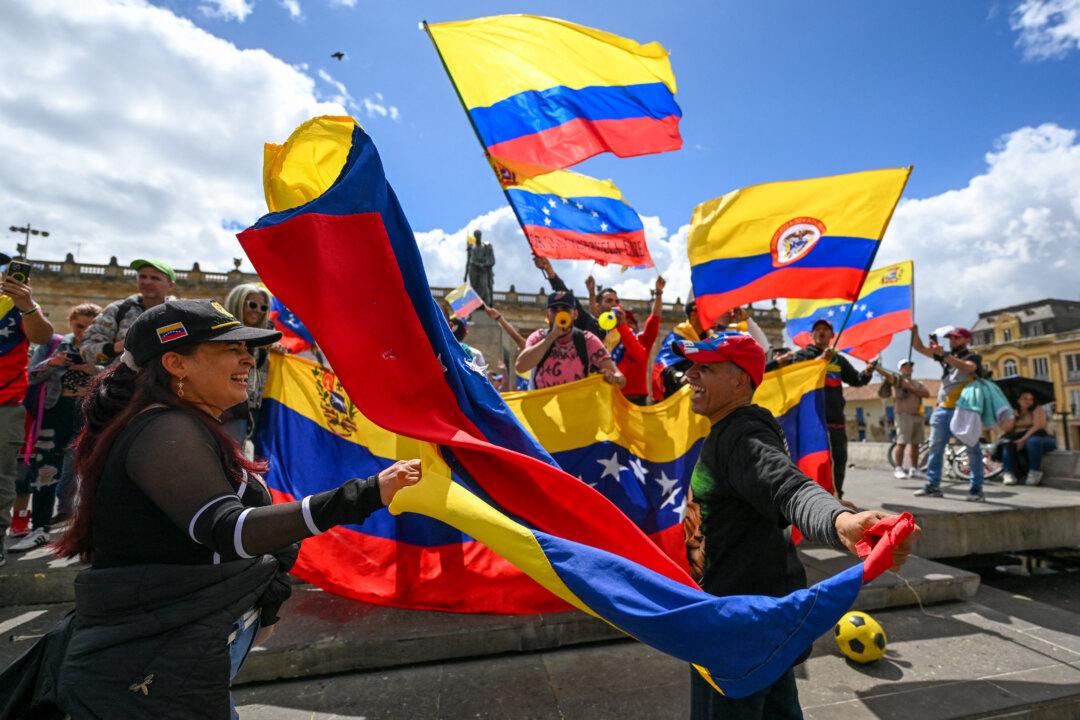Once the Russian invasion of Ukraine began on Feb. 24, many countries within Latin America felt compelled to show support for the European nation under attack. However, Russian allies in the region have also spoken out against Western sanctions on Moscow or have passively shown a lack of support for Ukraine as the conflict enters its third week.
In a speech delivered on March 7, Venezuelan President Nicolas Maduro directly blamed Western nations for Russia’s attack on Ukraine.





